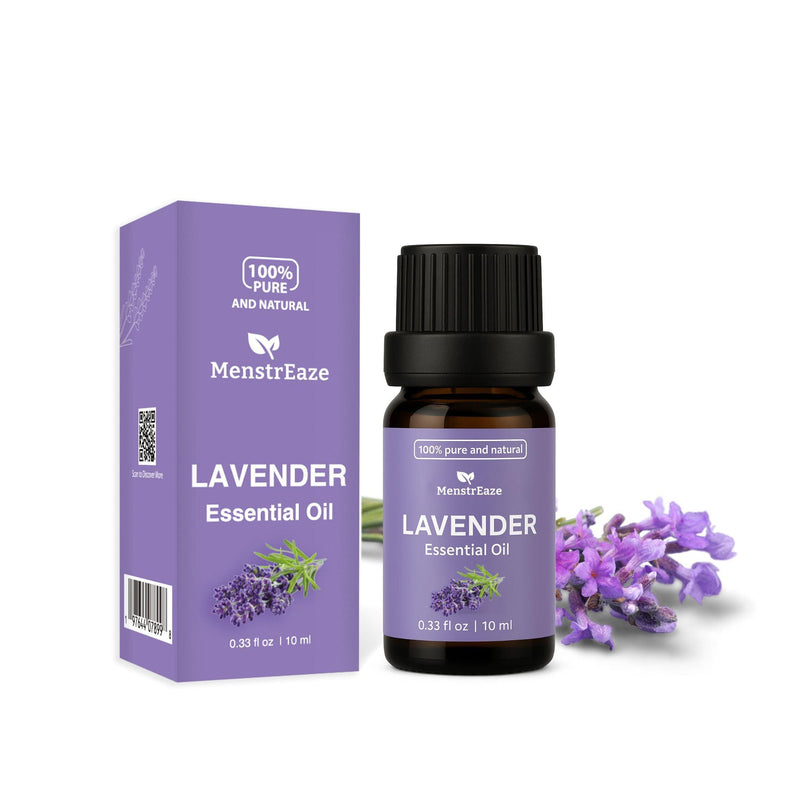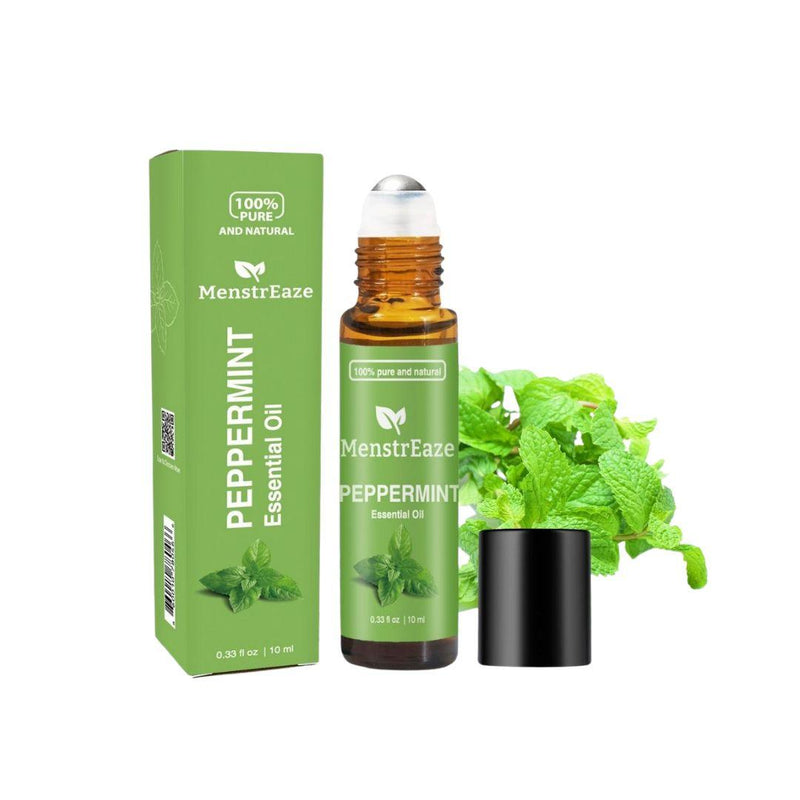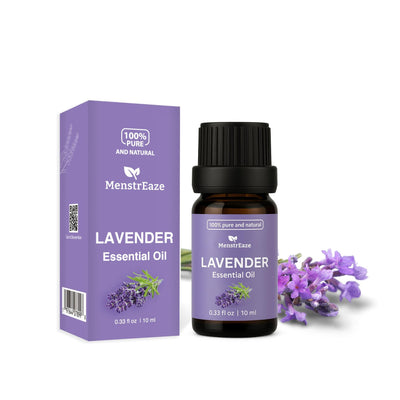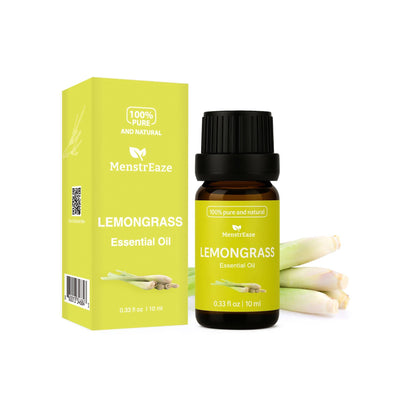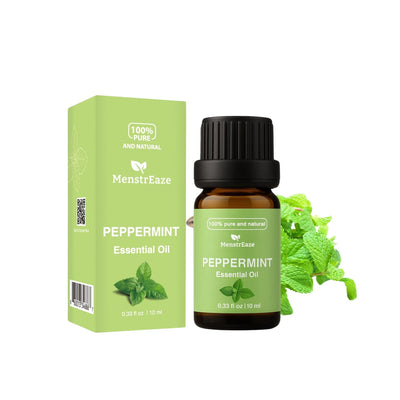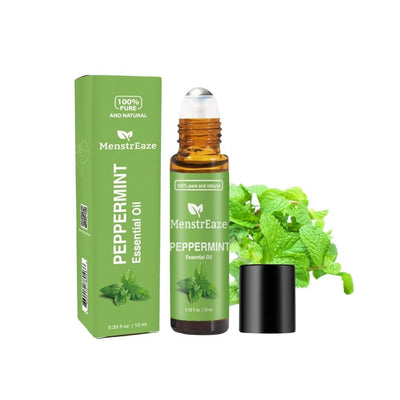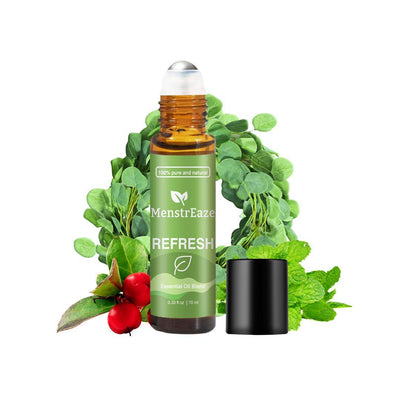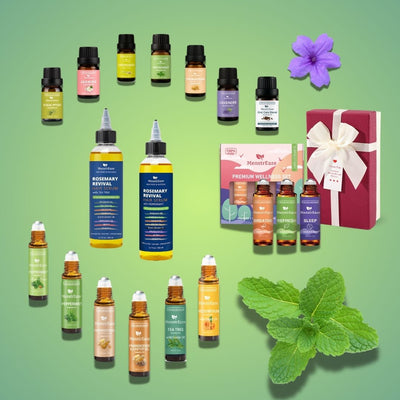In today's demanding academic and professional environments, maintaining peak cognitive function and sustained energy levels is crucial. Many individuals seek natural, holistic approaches to support their study habits and overall well-being. Among these, essential oils have gained considerable attention for their potential therapeutic properties, particularly when it comes to enhancing focus and combating fatigue. This comprehensive guide delves into the evidence-based applications of essential oils for energy, focus, and improved studying, helping you make informed choices for your routine.
The Science Behind Essential Oils for Cognitive Support
Essential oils are concentrated plant extracts known for their aromatic compounds. When inhaled or applied topically, these compounds can interact with the body's systems, including the olfactory system, which is directly linked to the brain's limbic system responsible for emotions, memory, and learning. While the field of aromatherapy is still evolving, computational studies are beginning to shed light on the molecular mechanisms through which essential oil compounds might exert their effects.
For instance, research utilizing network pharmacology and molecular docking has identified specific essential oil-derived compounds, such as Calamenene, T-cadinol, and Bornyl acetate, that show potential in targeting core fatigue-related genes like ALB, BCL2, EGFR, IL-6, and STAT3. These genes are implicated in metabolic dysregulation and inflammatory responses linked to fatigue. While these findings are computational and require further in vitro and in vivo validation, they provide a scientific basis for exploring the anti-fatigue potential of essential oils [1].
Essential Oils for Energy and Combating Fatigue
One of the primary challenges when studying for extended periods is the onset of fatigue. This can manifest as mental exhaustion, reduced motivation, and a general lack of energy. Fortunately, several essential oils have been explored for their ability to alleviate fatigue and promote a sense of vitality.
Lavender Oil: A Calming Path to Renewed Energy
Often associated with relaxation and sleep, lavender oil's ability to improve sleep quality indirectly contributes to increased energy levels and reduced fatigue during waking hours. Studies have shown that lavender oil inhalation can significantly improve sleep quality and reduce fatigue. For example, a randomized clinical trial involving pregnant women in their third trimester found that lavender oil inhalation improved sleep quality and significantly reduced fatigue levels [3]. Similarly, in patients with hematological malignancy undergoing chemotherapy, lavender essential oil aromatherapy significantly alleviated fatigue and enhanced sleep quality [7]. By promoting restorative sleep, lavender can be a foundational essential oil for energy management.

Citrus Oils: A Bright Boost Against Tiredness
Citrus essential oils are well-known for their uplifting and invigorating aromas, making them excellent candidates for combating fatigue. Grapefruit essential oil, for instance, has been found effective in reducing various symptoms, including fatigue, in women experiencing premenstrual syndrome [2]. This suggests a direct anti-fatigue effect that could translate to general tiredness. Another citrus oil, Citrus medica L. essential oil (CEO), has shown promising results in improving anxiety-like behaviors that are often accompanied by fatigue. Research indicates that inhaled CEO can significantly improve fatigue-induced anxiety, potentially by affecting cholinergic system pathways and recovering damaged neurons in the hippocampus [4]. This makes citrus oils valuable essential oils for energy and mental clarity.
Peppermint and Lemongrass: Traditional Allies for Vitality
Peppermint essential oil has been widely researched for its potential impact on various conditions, including fatigue. While a critical scoping review noted the heterogeneity in studies on peppermint's effect on cognition and attention, it acknowledged that peppermint has been researched for its impact on fatigue [5]. More definitive studies are needed to confirm its widespread application for energy. Lemongrass, too, has a long history of traditional use for conditions like fatigue [6]. While traditional uses offer valuable insights, further clinical validation is always beneficial.


Understanding Nuances: Not All Applications Yield Identical Results
It's important to note that the efficacy of essential oils can depend on the specific blend, application method, and individual response. For example, a pilot study exploring the effects of aromatherapy with lavender, sweet orange, and bergamot essential oils on caregiver fatigue found that while temporal perceptions of fatigue were reduced, there was no statistically significant decrease in overall fatigue or overload [8]. Similarly, a study on aromatherapy massage (using a blend of sweet almond oil, lavender, chamomile, and ginger) for post-colorectal cancer surgery patients found no significant effect on fatigue compared to classical massage or control, although sleep quality did improve in massage groups [10]. These findings underscore the need for specific, well-designed studies for each oil and application to establish clear benefits for essential oils for energy.
Essential Oils for Focus and Cognitive Enhancement
Beyond energy, maintaining focus and concentration is paramount for effective studying. Certain essential oils are believed to support cognitive functions, helping to reduce distractions and improve mental clarity.
Peppermint Oil: A Stimulant for Alertness and Attention
As mentioned, peppermint essential oil has been a subject of interest in studies examining its effects on cognition and attention. While a comprehensive review highlighted the need for more rigorous research to draw definitive conclusions, the existing body of work suggests its potential in this area [5]. Its invigorating aroma is often associated with increased alertness, making it a popular choice for those seeking to enhance focus during study sessions.

Citrus medica L. Oil: Addressing Anxiety for Better Focus
While not a direct cognitive enhancer in the same way some stimulants might be, Citrus medica L. essential oil's ability to alleviate anxiety-like behaviors, especially those induced by fatigue, can significantly improve one's capacity for focus [4]. When anxiety and mental clutter are reduced, the mind is better able to concentrate on the task at hand, making it a valuable essential oil for focus.
Practical Application: How to Use Essential Oils for Studying
To effectively incorporate essential oils into your study routine, understanding safe and appropriate application methods is key. The most common and effective methods for cognitive and energy support include inhalation and topical application.
Inhalation: Direct Route to the Brain
Inhalation is often considered the most direct and rapid way for essential oil compounds to affect the brain and body. This method is particularly effective for essential oils for energy and focus.
- Diffusion: Using an ultrasonic or nebulizing diffuser, you can disperse essential oil molecules into the air, creating an aromatic environment in your study space. Follow the diffuser's instructions for water and oil ratios.
- Direct Inhalation: Place a drop or two of essential oil on a cotton ball or tissue and inhale deeply. Alternatively, you can inhale directly from the bottle for a quick boost.
- Aromatherapy Inhaler: Portable inhalers allow you to carry your chosen essential oils with you and inhale discreetly as needed.
Topical Application: Absorbed Through the Skin
When applying essential oils to the skin, it's crucial to dilute them with a carrier oil (such as jojoba, almond, or coconut oil) to prevent skin irritation. A general guideline is 2-3 drops of essential oil per teaspoon of carrier oil for adults.
- Pulse Points: Apply diluted essential oils to pulse points like wrists, temples, or the back of the neck.
- Forehead/Temples: A gentle massage with diluted essential oils on the temples can be soothing and promote focus.
Safety and Quality Considerations
While generally safe when used correctly, essential oils are potent and require careful handling. Always prioritize quality and safety.
- Purity: Choose 100% pure, therapeutic-grade essential oils from reputable suppliers. Avoid synthetic fragrances or oils blended with unknown additives.
- Dilution: Always dilute essential oils with a carrier oil for topical application to prevent skin irritation or sensitization.
- Patch Test: Before widespread topical use, perform a patch test on a small area of skin (e.g., inner forearm) to check for adverse reactions.
- Individual Sensitivity: Everyone reacts differently to essential oils. Start with a small amount and observe your body's response.
- Pregnancy and Health Conditions: If you are pregnant, nursing, have a medical condition, or are taking medication, consult with a healthcare professional before using essential oils. Certain oils may be contraindicated.
- Internal Use: Unless under the direct supervision of a qualified healthcare practitioner, avoid internal consumption of essential oils.
Conclusion: Harnessing Essential Oils for Enhanced Studying
The journey to optimal studying involves a combination of effective strategies, and essential oils can be a valuable complementary tool. From providing essential oils for energy to sharpening your focus and reducing fatigue, the therapeutic potential of these natural extracts is increasingly supported by scientific inquiry. While more extensive research is continually underway, the existing evidence suggests that specific essential oils like lavender, grapefruit, Citrus medica L., and peppermint offer promising benefits for cognitive support. By integrating these oils safely and mindfully into your routine, you can create an environment conducive to learning, concentration, and sustained productivity, unlocking your full academic and professional potential.



